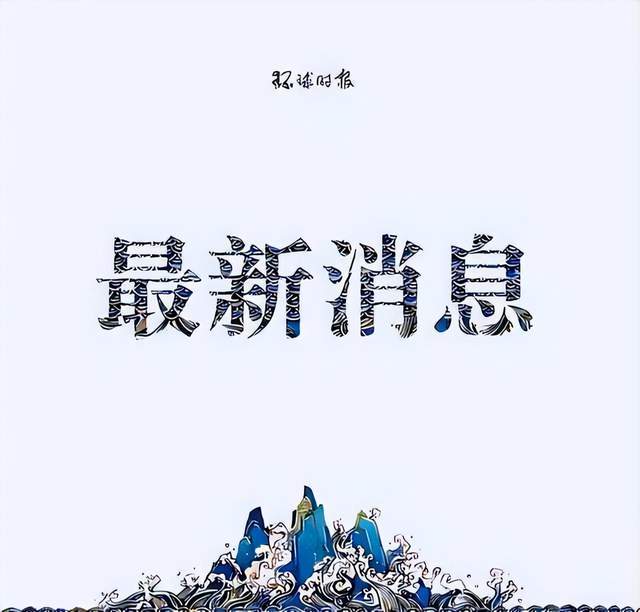Is India's excitement abandoning "sugar culture"?
Author:Global Times Time:2022.09.13
Propensing "political gifts"? This summer, the Supreme Court of India expressed highly of concern about the phenomenon of "political gifts" in various election activities. Indian Prime Minister Modi even bluntly stated that this phenomenon would directly endanger national development. Essence The so -called "political gift" is that each party faction purchases voters and obtains votes through some free items and welfare policies. This kind of behavior is almost equivalent to bribery in some countries. However Essence

Modi criticizes "Sugar Culture"
According to BBC reports on the 12th, the fierce debate around the election corruption began this summer. On July 16th, Modi's political rally in North Fangbang called the political gifts as "sugar culture". Essence He said: "The enthusiasts of the sugar culture do not care about the construction of airports, high -speed roads, and development of the national defense industry. We must abandon this idea and remove this atmosphere from the politics."
The Indian Stan Times said that Modi's generous words are not groundless: April this year, a team of experts composed of senior government officials submitted a report to Modi, saying that the phenomenon of political gifts in some areas of India had reached "lost" loss "lost" loss. The extent of rationality, letting this trend may lead to some state government "declared bankruptcy"; some experts claim: "We are on the old road of Sri Lanka."
However, India has no consensus on "political gifts". The Supreme Court of India had accepted an appeal on the phenomenon of "political gifts" as early as the beginning of this year, which clearly stated that the category of this type of gift beyond the conventional budget is "serious problems", and asked the central government and the Indian Election Commission (ECI) to do it. A response. ECI responded in April that the actions of political gifts from political parties belonged to "policy decision -making", which belongs to the category of the central government's jurisdiction. The "kicking ball" between the two sides has never made the question clearly.
The election season is the "bribe season"
For many ordinary people in India, political election activities can be regarded as "good news." In order to draw votes, different parties will send people to the streets and residential areas to distribute various benefits. Some party factions who have a very generous shot will even issue cash, valuable electrical appliances, medical insurance, and even the party will issue gold to voters. Hong Kong's "South China Morning Post" bluntly stated that the election season in India is actually essentially the "bribery season".
In recent years, the boundaries between the "political gifts" and "welfare policies" of various parties have gradually blurred, so that it is difficult for the outside world to distinguish which measures are to please voters and which are truly welfare for the public. The BBC, for example, even the ruling party's People's Party will launch some policies to benefit the people in the election season, such as providing free housing or housing subsidies, toilets and sanitary facilities for some regions, and introducing natural gas. In Bigharbon, the government will provide tuition fees and bicycles for poor students, encourage and help girls to complete their studies; in Tamil Nadang, the government builds a public canteen to provide the people with "big pot rice" for government subsidies; and so on.
"Welfare and benefits the people"
Since its independence in 1947, "political gifts" have been an indispensable part of Indian political elections. Modi believes that this approach is an immature and inefficient political act. Politicians use this to please voters, but in the end they will not pay for it, and they cannot realize the most basic election commitment of "responsibility to the people". In this regard, all parties in India have different opinions.
A comment in India's "Commercial Standards" believes that the "grassroots party" that wins locally often borrows debts to provide a "political gift" welfare policy to please the public. Provide subsidies to fill the debt black hole. This has almost realized the local rule of the "country of the country", which brings resistance to the policy advancement of the central government. Through strict review of "political gifts", the Modi government will strongly restrict the freedom of governance of local political parties and promote the improvement of the reform efficiency of the central government.
The New Delhi Television in India commented that Modi was an important means to crack down on "grass -roots party". Many policies defined by Modi as "political gifts" are actually providing the public with "public welfare" to the public after understanding the needs of the local people. During the wild, the People's Party itself also implemented similar policies. The implementation effect of these policies should be decided by the people themselves, rather than being stigmatized into "political gifts", and was reviewed and attacked.
"India Express" published an editorial that "political gifts" cannot be generalized. Many times, when India's incomplete development and low system efficiency of the system help the most difficult people to achieve the only way to transfer payment. Political elites do not understand the actual situation, and they blame the practices in various places in general. ▲
The newspaper in Pakistan, a special reporter Cheng, a special reporter Liu Haoran
- END -
Chicago's agricultural products have risen on the 22nd

Xinhua News Agency, Chicago, June 22 (Reporter Xu Jing) Chicago Futures Exchange c...
The northwest coast of France encountered a rare tornado and caused 1 death and 5 injuries: the scene at the scene, the people were scattered and fled

A rare tornado was encountered in the coast of the northwestern France, causing 1 ...